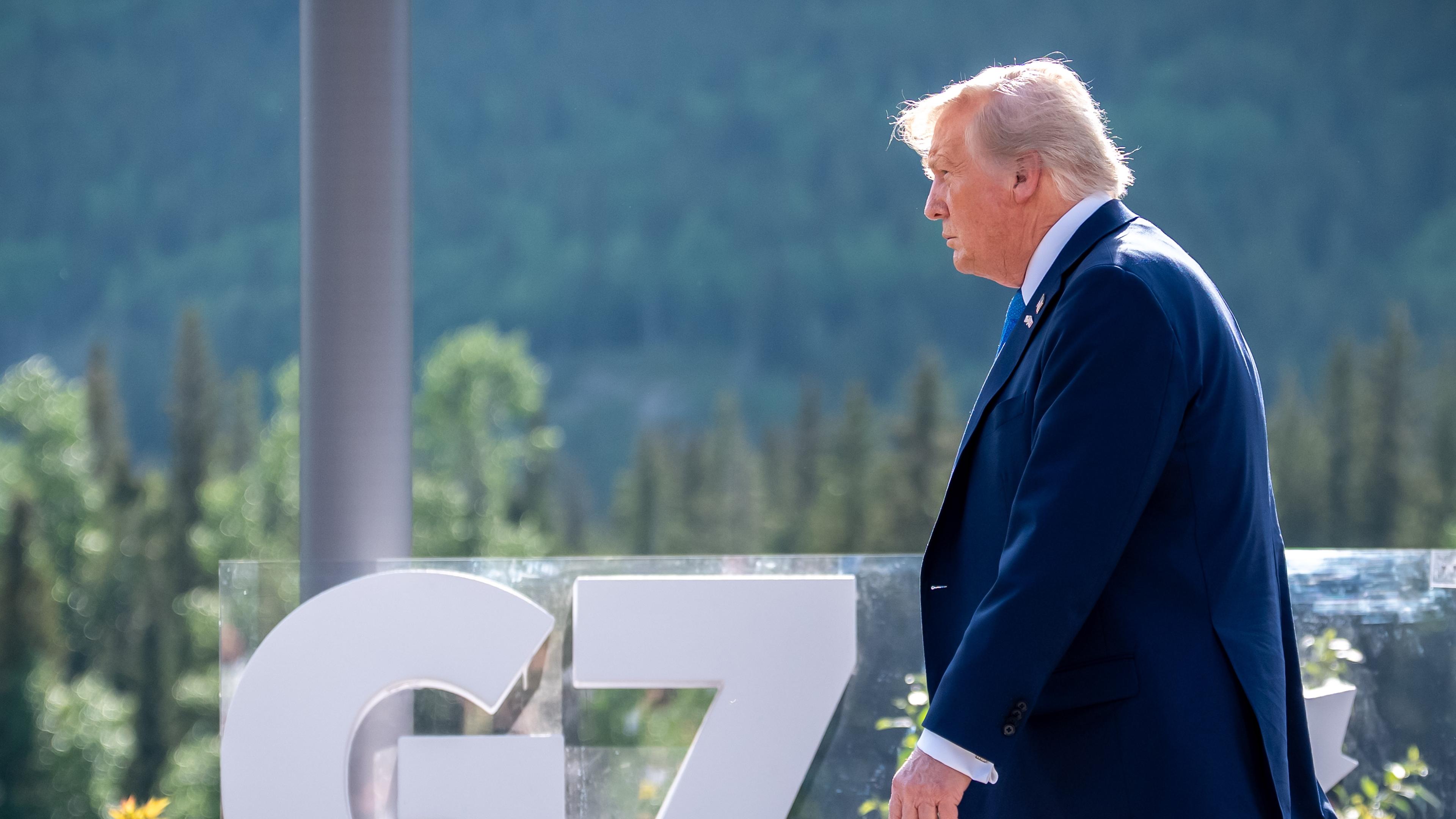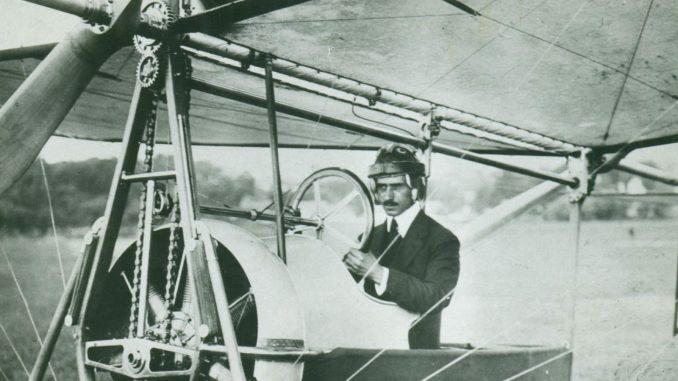Tragic decisions

When the future is announced at a crossroads, the story offers unappealable mirrors. In 1453, the Byzantium Basel refused to pay Orban for the construction of a cannon «Too expensive». The craftsman sells Oa Muhammad II and, a few months later, this artillery opens the breach where Constantinople falls. Decades later, the Portuguese Royal Council classified the Western Route of Christopher Colombo as impractical daydream. Spain risked, harvested continents and metals, while Lisbon was confined to the African walk that quickly escaped him. Five centuries later, Decca Records rejects four Liverpool boys – «Guitar groups are declining»decreed the service censor – and loses the largest cultural gold mine of the twentieth century. In 2000, the blockbuster, queen of the video rentals, laughs at the proposal of partnership of still young Netflix; ten years later declares bankruptcy, crushed by streaming who refused to hug.
These four episodes, separated by technologies, geographies and mentalities, converge on a single parable: the inability to discern the thread of becoming when it appears disguised as risk or short -term costs. The error was not just tactical; It was imaginative. They lacked the « instinct of possibility » that Robert Musil attributed to creative societies. In each of these refusals, he abused the same reflection of self -protection – the fear of compromising resources, prestige or consolidated business models – and germinated, ironic, a multiplied consequence against the arrogant decision -making.
Today, Europe in general – and Portugal in particular – debate between combining or moving away from the United States. The debate on the transatlantic alliance, by post Iraqi resentments and the nostalgia of poorly defined strategic autonomy, risks repeating this secular myopia. Despite the North American imperfections, it is still in the economy, in the science and defense of the US that the sources of innovation that structure the world order are concentrated. The European, aged and fragmentary Union desperately needs this technological and military oxygen, as much as the Byzantine Empire needed the artifice that it despised.
If Portugal, in the name of sentimental neutralism, moving away from transatlantic investment in semiconductors, defense, cheap energy or artificial intelligence, runs the risk of reconstructing its own 1485: seeing passing the caravels of the future loaded with data and patents without ever touching their deck.
It is not about subservience, but clairvoyance. Europe must cultivate a critical partnership with America – to contest when needed, but cooperate in investigation, defense and commerce. The alternative is to contemplate, powerless, the emergence of new digital and geopolitical empires that do not share our lexicon of freedoms.
Portugal, periphery of himself since closed the door to Colombo, has today a trump card that Bizanius no longer had: participates in a union that, coupled with the United States, continues to add more than half of GDP and Global I&D. Renegade this connection would therefore be to waste not only the opportunity to share profit, but to walk in front of a modernity that will cross us anyway. In international politics, such as music or video on demandthere is no prize for the proverbial ‘I warned’. There are only winners who dared to bet on the new and won who believed to freeze the time.
Therefore, before we raise trenches of protectionism or resentment speeches, let us remember the lesson of the advertised disasters: those who turn to the decisive partner invariably speak to his back… from the ruins of his own past.
Asians believe that the 21st century will be theirs. Americans see this scenario as plausible but not inevitable. Europe can choose to move from the competition and alone to decay outside the great global decisions. Or bind to the USA and create a block where freedom, democracy, Christianity and economic progress still have space. I hope the choice is not tragic.






/s3/static.nrc.nl/wp-content/uploads/2025/06/17083830/web-1706BINbijCBS.jpg)
